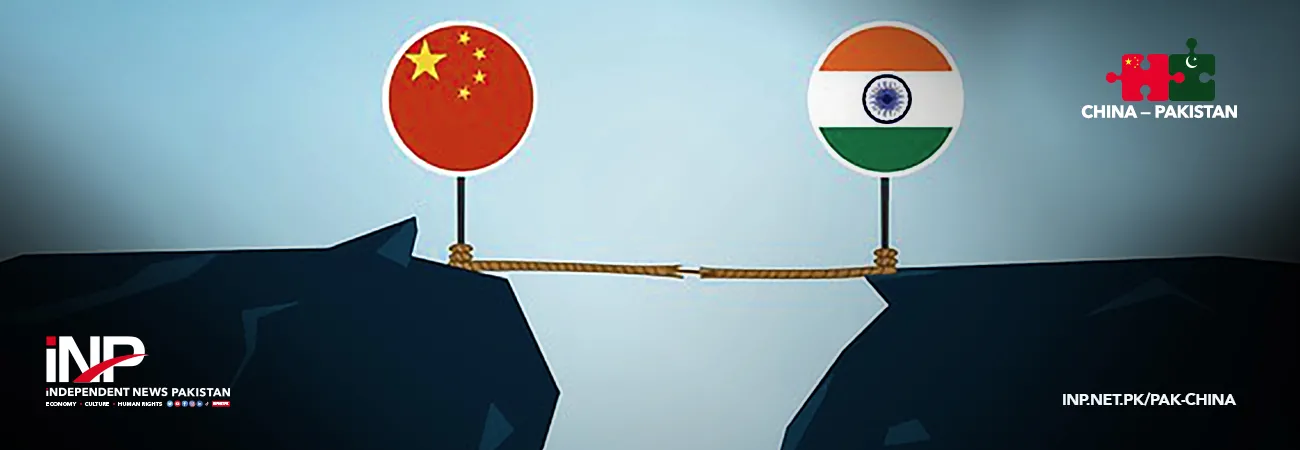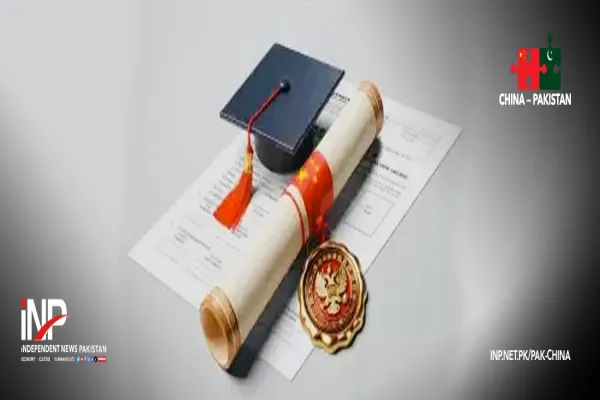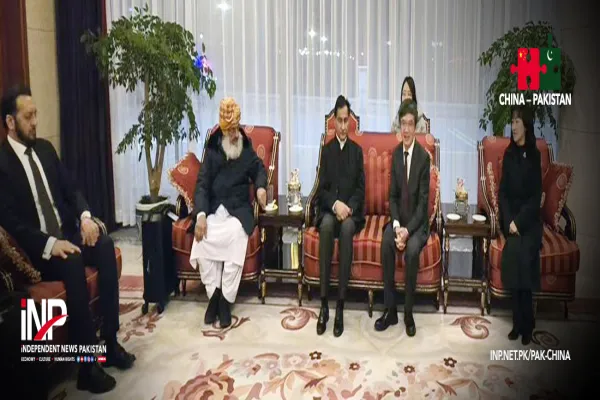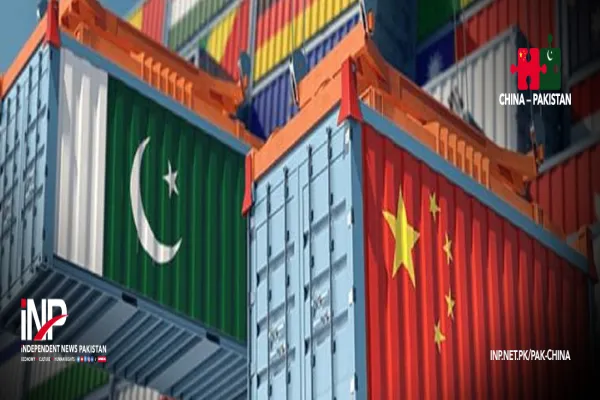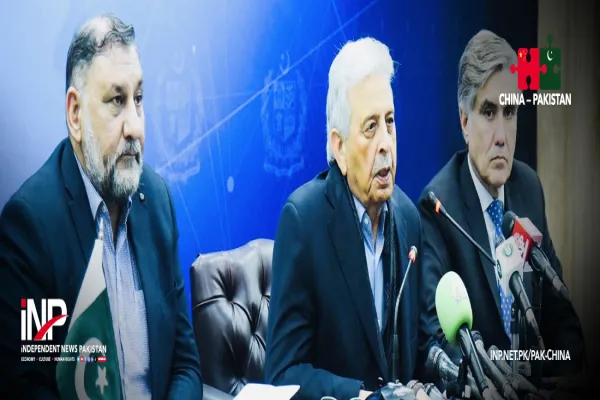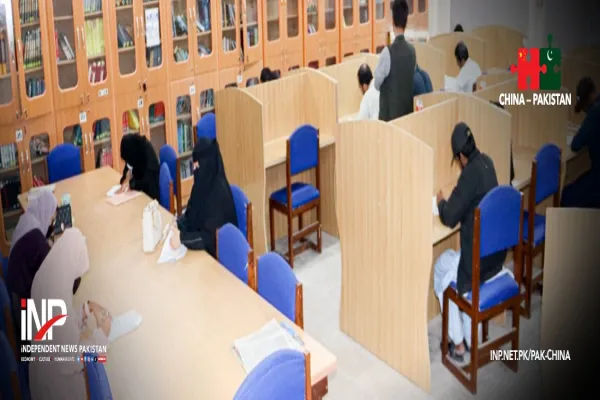i NEWS PAK-CHINA
BEIJING, July 15 (INP): China on has strongly criticized a Bollywood movie and hoped that India can fully appreciate China’s goodwill and sincerity and remain cautious about the “anti-China melodramas” becoming a toxic influence in Indian society, Global Times stated in its editorial on Saturday. The Indian film Bharateeyans hit the screens on Friday. Some Indian media outlets and politicians have peddled and praised the film in an abnormal manner, calling it a must-watch patriotic film for all Indians. Its biggest selling point is not the artistic level of the film or the attractiveness of the plot, but the highly provocative anti-China sentiment. Some serious Indian media outlets criticized the film from the perspective of art and technology, stating that it has few redeeming factors. The main storyline of the film revolves around six young Indians who infiltrate Chinese territory on a “secret mission,” but the dialogue and scenes seem to deliberately highlight the backdrop of the Galwan Valley conflict.
The production team expressed dismay over the casualties of soldiers in the Galwan Valley clash and called for unity among citizens. The film production company repeatedly hyped and sensationalized the conflict in Galwan Valley before the film’s release. It is evident that this is no longer a simple film, but more a piece of anti-China propaganda. Some Indian media referred to it as a “patriotic film.” This must be corrected. It is by no means a patriotic film, but a film of narrow-minded nationalism that promotes hatred. This is something that no modern civilized country can tolerate and has crossed the bottom line of film and television works. China was portrayed as the “villain” and “enemy of India.” Because of this, and the hype made by the film’s production team and Indian public opinion, the final effect is like spreading ideological toxins in Indian society.
The more people watch it, the larger the scope of contamination. This is not an isolated case in India. Soon after the Galwan Valley conflict in 2020, some in India started producing “anti-China melodrama” about the event. There have been directors announcing their filming plans throughout this year. We don’t know the purpose behind making such films. It could be a quest for attention without considering the consequences, a result of the director and team’s misinterpretation and ill intentions toward China via films, or perhaps a way to exploit “anti-China” sentiment to sell the so-called “patriotism.” However, one thing is certain: this is definitely not about “loving” India. This is a desecration and misuse of the art of film. This storyline is not just a clich, but harmful. It takes the backdrop of China-India relations but completely disregards the basic realities and facts of the bilateral relationship.
The anti-China sentiment it incites will eventually manifest in some form, resulting in a “dammed lake” of irrational emotions for India. This not only affects China-India relations but will inevitably result in a more severe backlash on India itself. This is not a matter to be taken lightly, and such films should be boycotted. Bollywood produces about 2,000 films annually. Some Indian films have often achieved both box office success and won public praise overseas. Movies with a strong Bollywood flavor have gained a substantial foreign fan base. However, in recent years, Bollywood has also produced more and more low-quality and toxic films like Bharateeyans. These films share common characteristics: distortion of facts, extreme exaggeration of the plot, portraying Indian characters as invincible while presenting Chinese characters as weak, and being filled with laughable notions of spiritual victory.
India should be ashamed of making such films, and true intellectuals in India should be concerned and vigilant about it. China does not harbor any malice or enmity toward India. We sincerely hope for a friendly coexistence between the two countries. It is true that China and India have experienced border conflicts, and some disputes remain. However, China has shown great restraint in dealing with these issues and has consistently worked toward managing differences. China does not resort to speaking through strength like hegemonic powers do. We hope that India can fully appreciate China’s goodwill and sincerity and remain cautious about the “anti-China melodramas” becoming a toxic influence in Indian society. This is certainly not beneficial for China-India relations, nor is it good for India itself.
Credit: INP Pak-China



